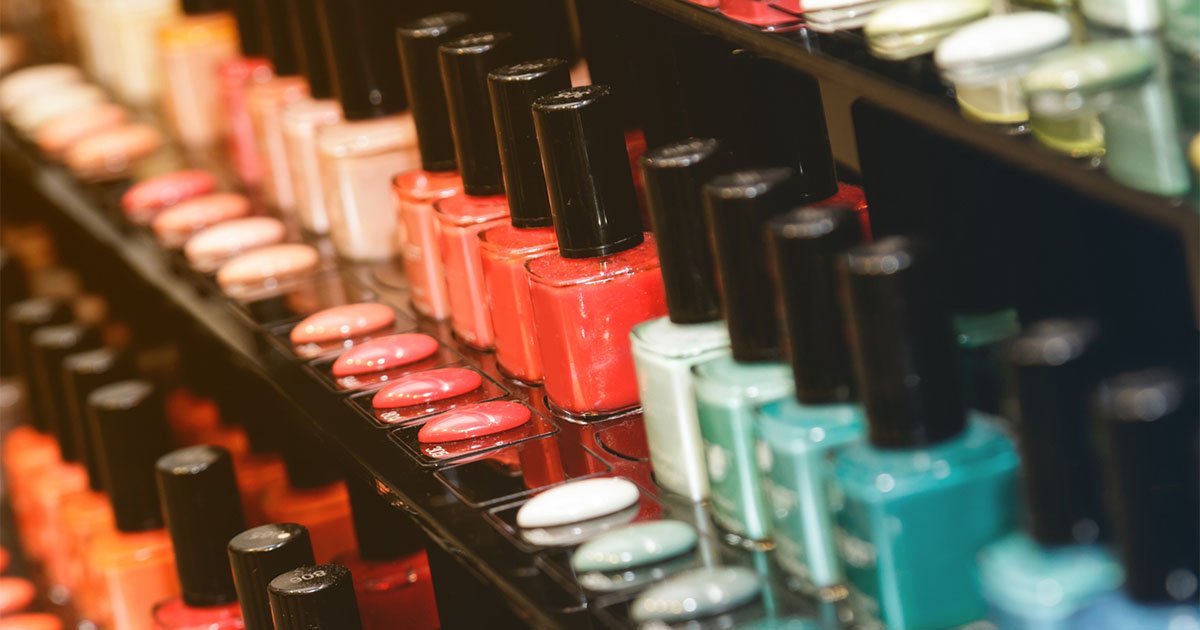University of Minnesota School of Public Health (SPH) Associate Professors Trân Huỳnh and Susan Arnold received funding for a project to help local, immigrant-owned nail salon businesses and their suppliers use safer, more environmentally friendly products and adopt other pollution prevention practices.

The grant is part of a pollution prevention program from the EPA that provides funding for states and state-sponsored colleges and universities to support businesses in developing and adopting practices that prevent pollution in local communities.
The SPH project will focus on nail salon businesses and suppliers in the local Vietnamese and Somali communities as a starting point, with the recognition that there is also a need to assist other types of salon businesses and suppliers in immigrant communities.
SPH researchers chose to focus on nail salons for several reasons. The nail salon industry in the US is primarily staffed by immigrant workers, and the majority of them are from Asia. Because cosmetics products and ingredients are loosely regulated, there are numerous hazardous chemicals in widely available nail and salon products. Chronic exposures to these products can lead to serious health conditions such as skin and respiratory illnesses, adverse reproductive health outcomes and neurological impairments. These workers often work long hours over many years, putting them at very high risk of developing these adverse health conditions. In addition, many of these new immigrants have limited English proficiency to navigate the complex US occupational health systems. These factors contribute to health disparities in these immigrant communities that the SPH research team is working to address.
As part of the EPA’s broader goal of improving human health and the environment in disadvantaged communities across the U.S., the SPH project aims to increase awareness and use of safer nail products in the local supply chains, and reduce the impact of toxic nail products in immigrant-owned nail salon businesses and suppliers.
Resources and support that encourage the use of safer products and other indoor air pollution-prevention practices will be offered to local businesses in multiple languages. The project will also include the development of a Healthy Nail Salon Recognition Program, case studies, and webinars.

“We are thrilled to have this opportunity to improve the health and safety in the nail salon community, in collaboration with our community partners,” say Arnold and Huỳnh.
Across the country, the EPA grants include a diverse set of projects that will promote pollution prevention at the community level. In Illinois, for example, two proposed projects involve working with food service providers in disadvantaged communities to increase the use of safer, more sustainable, PFAS-free foodware. In California, a project will assist Black-owned hair salons to adopt more environmentally friendly products.
In announcing the grant awards, EPA Administrator Michael S. Regan said “achieving lasting environmental justice requires community-driven solutions boosted by federal resources. These dollars have supercharged our ability to empower a wide range of businesses from across the country to deploy solutions that prevent pollution while strengthening economic growth.”
The study will be completed in 2026.
SPH partners on the project include the BeautyWell Project, Vietnamese Social Services of Minnesota, the Minnesota Department of Health, and the National Institute of Occupational Safety and Health.

